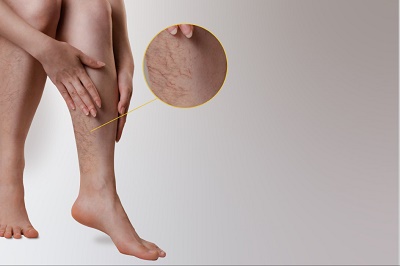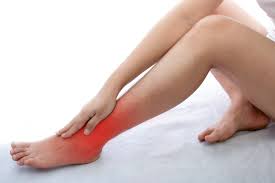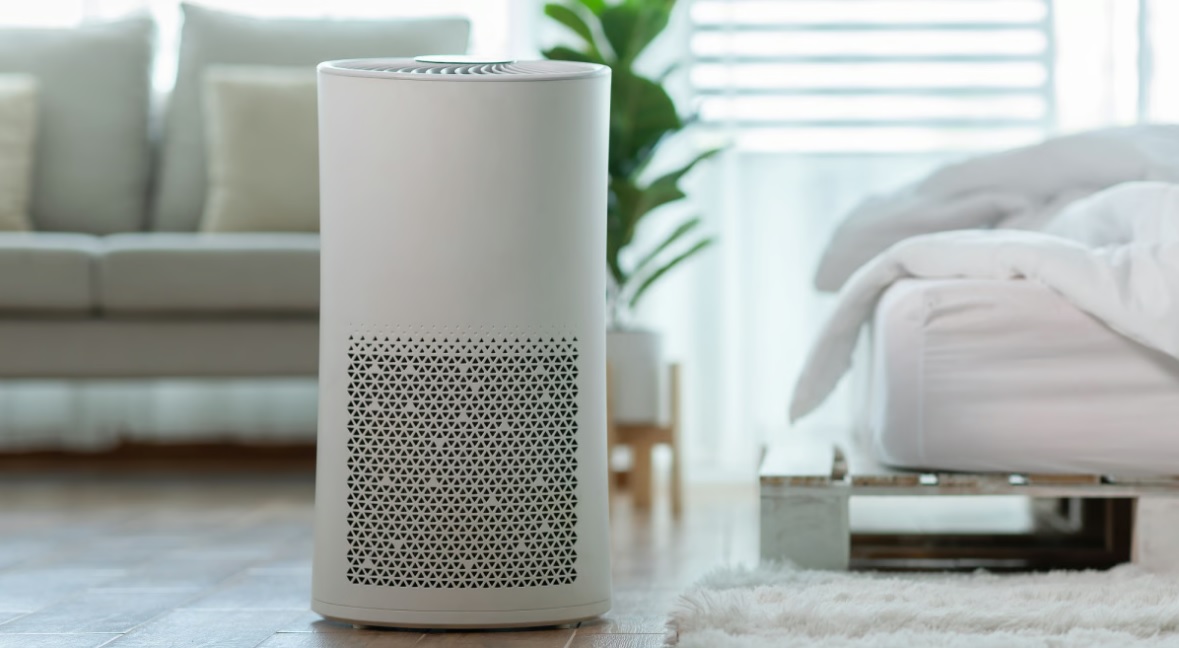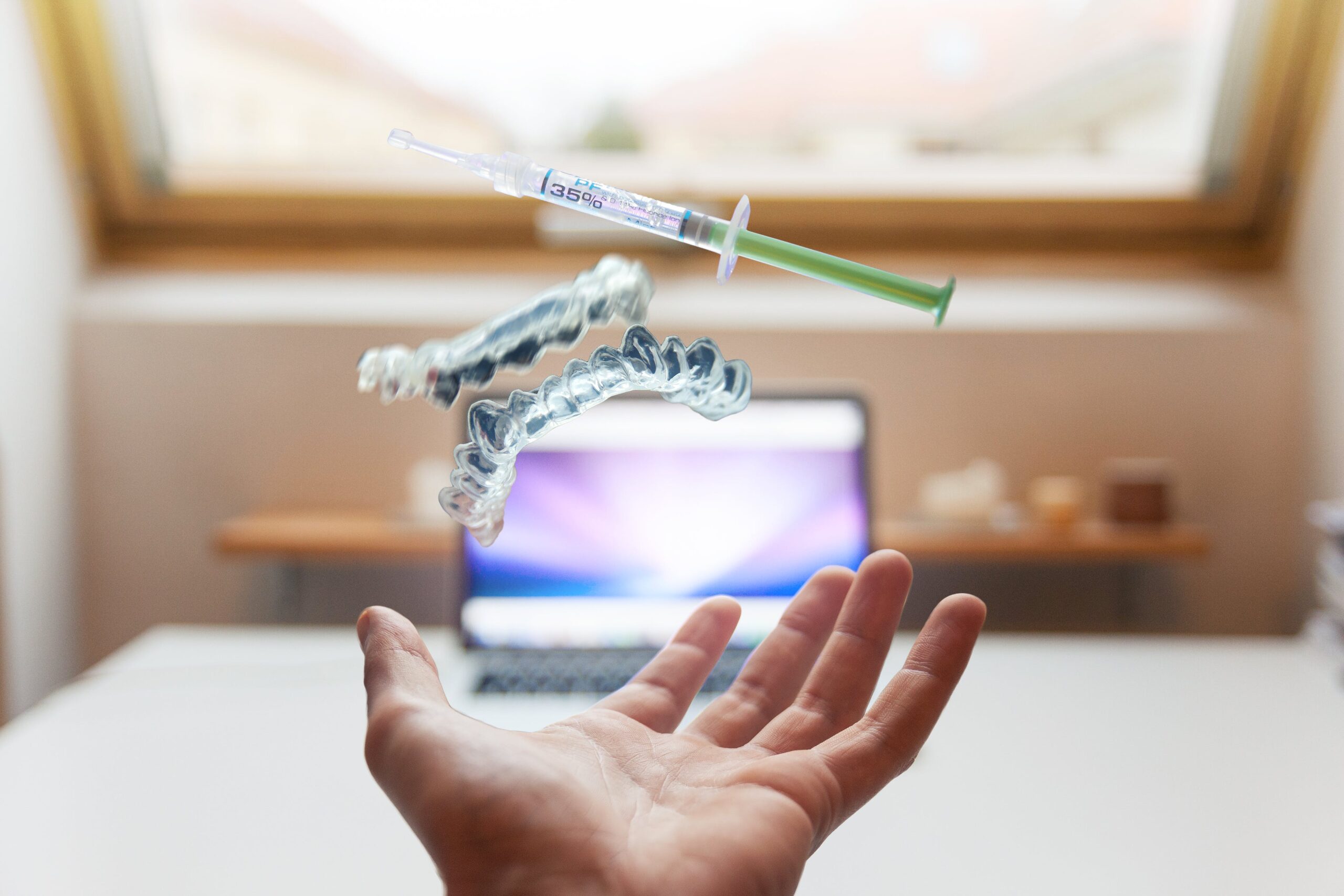Vein health plays a crucial role in your overall well-being, yet many people overlook it until they experience discomfort or visible vein issues. If you’re dealing with varicose veins, spider veins, or leg pain, a vein clinic could be the solution you need. But what does a vein clinic do, and how can it benefit your health? In this article, we’ll explore the advantages of seeking specialized vein treatment, the services provided by a vein clinic, and how these treatments can improve your quality of life.
What Exactly Is a Vein Clinic?
A vein clinic specializes in diagnosing and treating venous disorders, which affect the veins responsible for carrying blood back to the heart. When veins don’t function properly, it can result in problems like varicose veins, spider veins, and chronic venous insufficiency. Vein clinics employ medical professionals who focus on vascular health, offering various treatment options to improve circulation and relieve symptoms.
Many people assume that vein issues are merely cosmetic, but untreated vein conditions can lead to significant discomfort, swelling, and even serious health risks. By visiting a vein clinic, you can address these concerns before they escalate and receive tailored solutions that fit your medical needs.
The Advantages of Visiting a Vein Clinic
One of the key advantages of visiting a vein clinic is access to specialized care. General practitioners may not have the same level of expertise in vein health as the doctors at a dedicated vein clinic. Here are some benefits of visiting a vein clinic:
- Specialized Diagnosis: Vein clinics use advanced diagnostic tools like duplex ultrasound to assess blood flow and identify venous insufficiency. This ensures accurate diagnosis and helps determine the best treatment plan.
- Minimally Invasive Treatments: Today’s vein clinics offer cutting-edge, minimally invasive treatments that reduce recovery time. Options such as sclerotherapy, laser treatments, and radiofrequency ablation can treat vein issues with minimal discomfort and downtime.
- Personalized Care Plans: A vein clinic tailors its treatments to the unique needs of each patient. Whether you’re dealing with cosmetic concerns or a more severe vein condition, your treatment plan will be customized for optimal results.
- Long-Term Relief: Treating vein problems at their source offers long-term relief from symptoms such as leg pain, swelling, and heaviness. The clinic addresses the root cause of your vein issues, reducing the likelihood of future problems.
What Treatments Are Offered at a Vein Clinic?
A vein clinic offers a range of treatments designed to improve blood flow and alleviate the symptoms of vein disorders. Depending on your diagnosis and the severity of your condition, the clinic may recommend one or more of the following treatments:
1. Sclerotherapy
Sclerotherapy is a popular treatment for spider veins and small varicose veins. It involves injecting a special solution directly into the affected veins, causing them to collapse and eventually be absorbed by the body. Sclerotherapy is an outpatient procedure that doesn’t require anesthesia, and patients can typically return to their normal activities within a day or two. It’s an effective and quick solution for cosmetic vein concerns.
2. Laser Therapy
Laser therapy is another minimally invasive option used to treat spider veins and smaller varicose veins. During the procedure, a laser is directed at the vein, which causes it to shrink and disappear over time. Laser therapy is ideal for patients looking for a non-invasive treatment that provides excellent results with minimal discomfort.
3. Radiofrequency Ablation (RFA)
For larger, more problematic varicose veins, radiofrequency ablation (RFA) is often recommended. This procedure involves inserting a small catheter into the vein and using radiofrequency energy to heat and seal off the vein. Once the vein is closed, blood is naturally redirected to healthier veins, and the treated vein is gradually absorbed by the body. RFA is an outpatient procedure that offers long-term relief with minimal downtime.
4. Endovenous Laser Therapy (EVLT)
Endovenous laser therapy (EVLT) is a similar procedure to RFA, but it uses laser energy to close off diseased veins. Both RFA and EVLT are highly effective treatments for varicose veins and offer excellent long-term results with little recovery time. These procedures are typically performed under local anesthesia and allow patients to return to their normal activities within a few days.
5. VenaSeal
VenaSeal is a newer treatment that uses a medical adhesive to close off problem veins. During the procedure, the doctor inserts a catheter into the vein and delivers a small amount of adhesive, which seals the vein shut. This method is highly effective, and since it doesn’t require the use of heat or anesthesia, there’s minimal discomfort during and after the procedure.
Who Should Visit a Vein Clinic?
Anyone experiencing symptoms of venous insufficiency, such as leg pain, swelling, or visible varicose veins, should consider visiting a vein clinic. Even if your symptoms seem mild, early intervention can prevent the condition from worsening. People who stand or sit for long periods, those who are overweight, and women who have had multiple pregnancies are especially prone to vein issues and may benefit from an evaluation at a vein clinic.
If you notice any of the following signs, it may be time to schedule a consultation with a vein specialist:
- Visible Varicose Veins: Enlarged, twisted veins that are often blue or purple in color.
- Leg Pain or Cramping: A feeling of heaviness, aching, or cramping in the legs, especially after standing or sitting for long periods.
- Swelling: Chronic swelling in the legs or ankles, which could indicate poor circulation.
- Skin Changes: Discoloration or texture changes in the skin around the veins, such as thickening, itching, or ulcers.
How Does a Vein Clinic Improve Your Quality of Life?
By addressing vein issues early, a vein clinic can significantly improve your quality of life. Untreated venous conditions can lead to complications like blood clots, skin ulcers, and deep vein thrombosis (DVT), which can be life-threatening. A vein clinic not only alleviates discomfort but also helps you avoid these more serious health risks.
Moreover, improving blood flow through vein treatments can reduce symptoms such as fatigue, leg pain, and swelling, allowing you to lead a more active and comfortable life. The cosmetic benefits are also worth noting—many patients feel more confident in their appearance after treatments, especially when dealing with visible spider or varicose veins.
Conclusion
If you’re struggling with vein-related issues, visiting a vein clinic offers numerous advantages, from specialized care to minimally invasive treatments. Understanding what a vein clinic does and how it can help you is the first step toward better vein health and overall well-being. Whether you’re seeking relief from painful varicose veins or want to address cosmetic concerns, a vein clinic provides personalized, effective solutions that can dramatically improve your quality of life.




